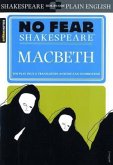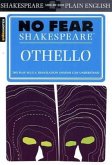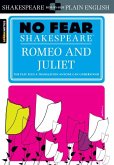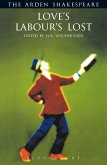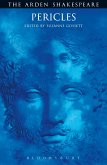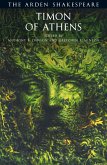`Not bloody likely'
Ever since Pygmalion opened in London in April 1914 it has proved a very controversial play, from the (then) shocking language, to arguments about its correct ending. Critical interpretations have been similarly disputatious, encompassing views of the transformation of the impoverished Eliza Doolittle by phonetics expert Henry Higgins as either a story of economic and social liberation, or an example of the perpetuation of male control and self-interest. With subsequent film and musical adaptations and many stage revivals, Pygmalion remains one of Shaw's most engaging, provocative, and accessible plays.
This new edition of Pygmalion includes Shaw's definitive text, with both Preface and Sequel, and provides the most comprehensive scholarly treatment of the play to date, containing:
- a substantial introduction with biographical information on Shaw
- detailed discussion of the genesis and sources of the play
- varying interpretations, and a lengthy international stage history.
- textual notes on each page explaining language, allusions, and staging
- Appendices with Shaw's discarded scenes for the play, the British Censor's 1914 report, and texts of all stage and film endings of Pygmalion.
Hinweis: Dieser Artikel kann nur an eine deutsche Lieferadresse ausgeliefert werden.
Ever since Pygmalion opened in London in April 1914 it has proved a very controversial play, from the (then) shocking language, to arguments about its correct ending. Critical interpretations have been similarly disputatious, encompassing views of the transformation of the impoverished Eliza Doolittle by phonetics expert Henry Higgins as either a story of economic and social liberation, or an example of the perpetuation of male control and self-interest. With subsequent film and musical adaptations and many stage revivals, Pygmalion remains one of Shaw's most engaging, provocative, and accessible plays.
This new edition of Pygmalion includes Shaw's definitive text, with both Preface and Sequel, and provides the most comprehensive scholarly treatment of the play to date, containing:
- a substantial introduction with biographical information on Shaw
- detailed discussion of the genesis and sources of the play
- varying interpretations, and a lengthy international stage history.
- textual notes on each page explaining language, allusions, and staging
- Appendices with Shaw's discarded scenes for the play, the British Censor's 1914 report, and texts of all stage and film endings of Pygmalion.
Hinweis: Dieser Artikel kann nur an eine deutsche Lieferadresse ausgeliefert werden.
'Compact but comprehensive...Students and general readers will find it both accessible and enlightening, Shaw scholars will regard it as an excellent resource, and directors of future productions of Pygmalion will wish they could hire Leonard Conolly as their dramaturg.' Shaw: The Annual Bernard Shaw Studies (September 2009)


